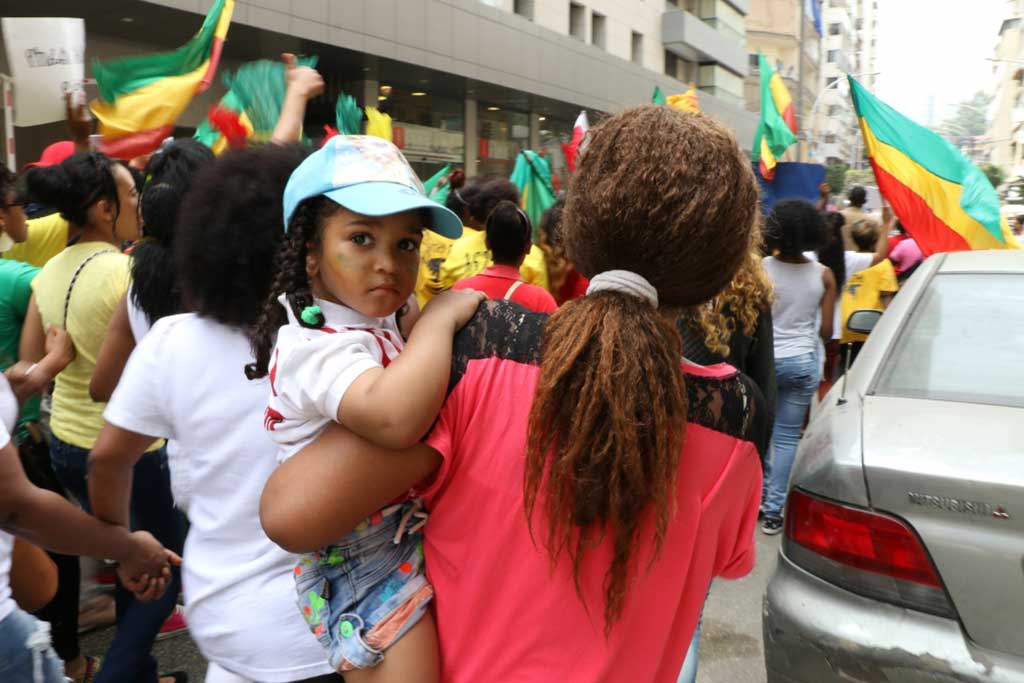Slave labour? Death rate doubles for migrant domestic workers in Lebanon
25/05/2017
A woman with a pink cloth wrapped around her head climbs out of a window on the fourth floor of a residential building. She peers at the ground far below, clutching onto the window ledge as voices in the background yell at her to come inside. Instead, she jumps, her scream lingering for four seconds before she hits the ground.
The video was broadcast on Lebanon’s Al-Jadeed TV in March, with a voiceover explaining that the woman was an Ethiopian domestic worker in Khalde, an area south of Beirut.
According to statistics obtained by IRIN from General Security, Lebanon’s intelligence agency, migrant domestic workers in Lebanon are dying at a rate of two per week. Many of the deaths are suicides or botched escape attempts in which migrant women choose to jump off buildings rather than continue working in abusive and exploitative situations.
Human Rights Watch reported on the situation of migrant domestic workers in Lebanon in a 2008 report that put the death rate at one per week. Since then, heightened activism and advocacy on the issue seems to have had little impact. The bodies of 138 migrant domestic workers were repatriated between January 2016 and April this year.
Rights groups have been advocating for better protections of migrant workers in Lebanon for years and in 2014 domestic workers managed to found their own union – the first of its kind in the region. Yet little has changed. Women coming from Ethiopia, Bangladesh, Sri Lanka, the Philippines, Kenya, and other developing countries are still bound by the kefala (sponsorship) system, which gives employers total control over their lives.
Full article on IRIN.
Related Posts
Have Any Questions?
To inquire about this statement and the context, email us or fill the form.
Join Our Newsletter
At the Anti-Racism Movement (ARM), we are constantly working on a multitude of different activities and initiatives. Most of our activities are only possible with the help of dedicated and passionate volunteers who work in collaboration with our core team.
The Anti-Racism Movement (ARM) was launched in 2010 as a grassroots collective by young Lebanese feminist activists in collaboration with migrant workers and migrant domestic workers.
Quick Links
Useful Links
This work is licensed under a Creative Commons Attribution 4.0 International License.
Developed by CONCAT
